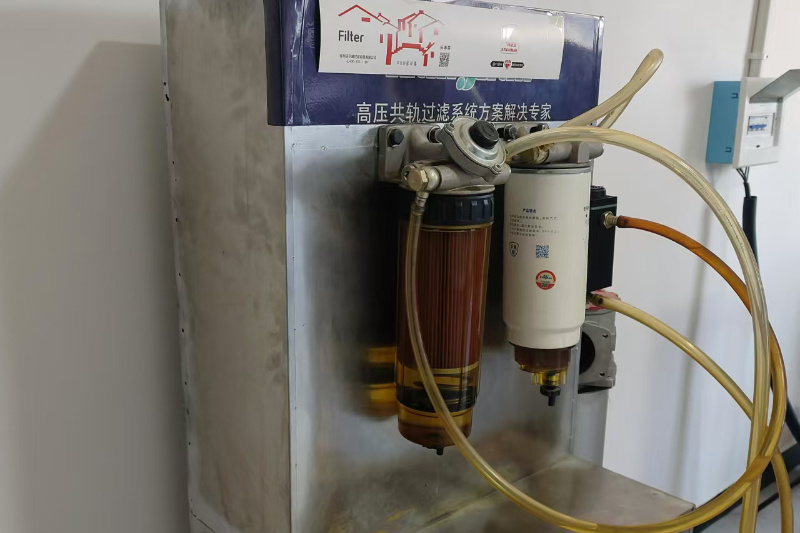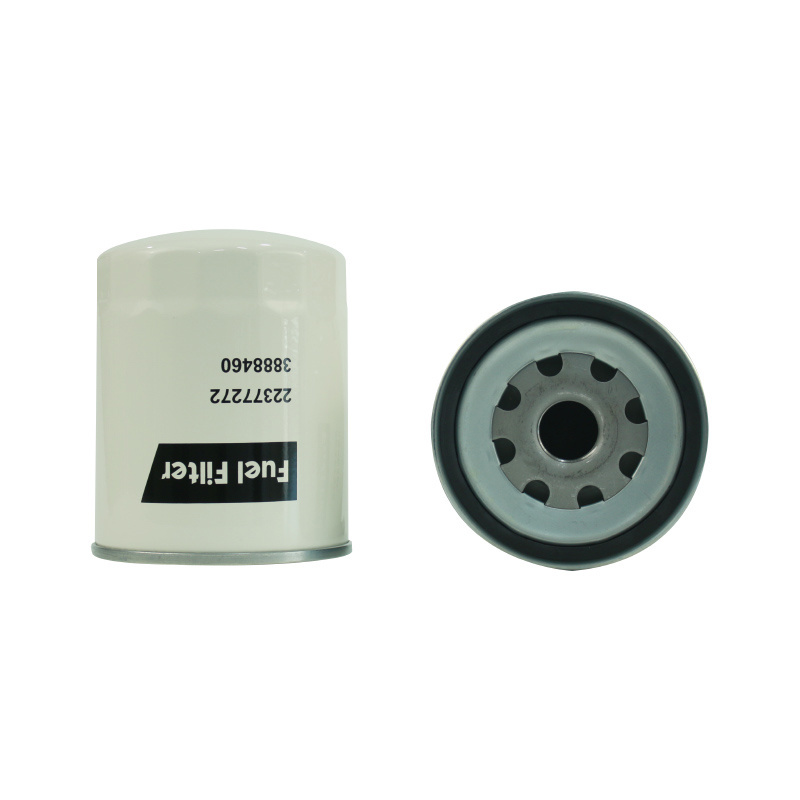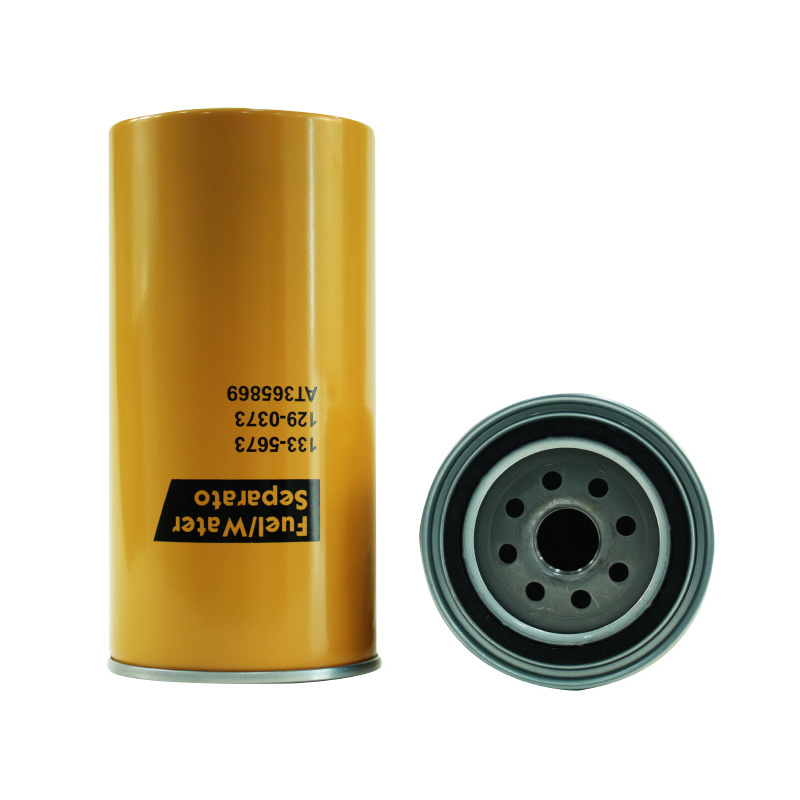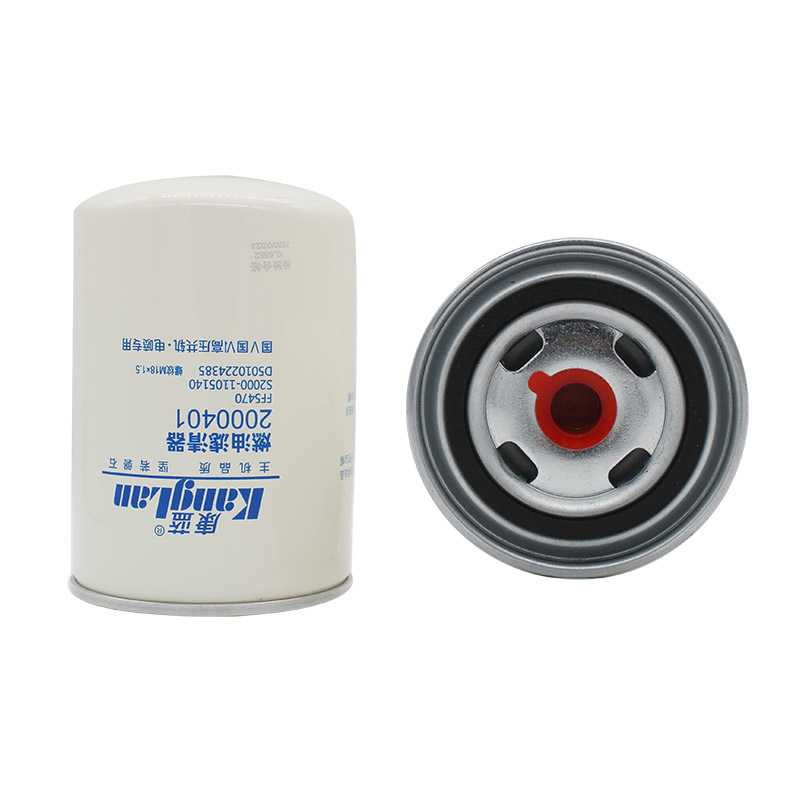Welcome to Hebei Takai Vehicle Parts Technology Co., Ltd.
Understanding the High Pressure Common Rail Fuel System: Key Insights for Automotive Enthusiasts
Release Time:
Apr 29,2025
The high pressure common rail fuel system (HPCR) has revolutionized the way diesel engines operate, delivering enhanced performance, fuel efficiency, and lower emissions. Understanding the intricacies of this system is vital for anyone involved in the automotive industry, particularly in sectors such as fuel filtration. At its core, the HPCR system operates by storing fuel under high pressure with
The high pressure common rail fuel system (HPCR) has revolutionized the way diesel engines operate, delivering enhanced performance, fuel efficiency, and lower emissions. Understanding the intricacies of this system is vital for anyone involved in the automotive industry, particularly in sectors such as fuel filtration.
At its core, the HPCR system operates by storing fuel under high pressure within a common rail, which is then distributed to each fuel injector as needed. This design allows for precise control over the fuel injection process, enabling multiple injections during a single combustion cycle. This efficiency is paramount for achieving optimal engine performance and reducing harmful emissions.
One of the standout features of the high pressure common rail fuel system is its ability to optimize combustion timing and fuel atomization. By injecting fuel at high pressure, the system ensures that the fuel is thoroughly mixed with air, leading to a more complete combustion process. This not only enhances power output but also minimizes soot and particulate emissions, making modern diesel engines much cleaner than their predecessors.
Another important aspect of the HPCR system is its adaptability. The system can adjust the fuel injection quantity and timing based on various factors, such as engine load, speed, and temperature. This flexibility is crucial for meeting the stringent emission standards set by regulatory bodies worldwide. Additionally, the system's ability to perform multiple injections improves engine noise and vibration characteristics, leading to a smoother driving experience.
However, the high pressure common rail fuel system is not without its challenges. It operates under extreme pressures, often exceeding 1000 bar, which can lead to wear and tear on components. Therefore, maintaining the integrity of the fuel system is essential. One of the critical maintenance practices is the regular replacement of fuel filters. High-quality fuel filters play a vital role in protecting the HPCR system by removing contaminants from the fuel before it reaches the injectors. This can prevent damage to the injectors and ensure the longevity of the entire fuel system.
In conclusion, the high pressure common rail fuel system is an integral part of modern diesel engines, optimizing performance and reducing emissions. For automotive enthusiasts and professionals, understanding this system is essential for ensuring efficient vehicle operation. Regular maintenance practices, such as replacing fuel filters, are crucial in preserving the functionality of the HPCR system. By staying informed about this technology, you can ensure that your diesel engines run smoothly and efficiently for years to come.
At its core, the HPCR system operates by storing fuel under high pressure within a common rail, which is then distributed to each fuel injector as needed. This design allows for precise control over the fuel injection process, enabling multiple injections during a single combustion cycle. This efficiency is paramount for achieving optimal engine performance and reducing harmful emissions.
One of the standout features of the high pressure common rail fuel system is its ability to optimize combustion timing and fuel atomization. By injecting fuel at high pressure, the system ensures that the fuel is thoroughly mixed with air, leading to a more complete combustion process. This not only enhances power output but also minimizes soot and particulate emissions, making modern diesel engines much cleaner than their predecessors.
Another important aspect of the HPCR system is its adaptability. The system can adjust the fuel injection quantity and timing based on various factors, such as engine load, speed, and temperature. This flexibility is crucial for meeting the stringent emission standards set by regulatory bodies worldwide. Additionally, the system's ability to perform multiple injections improves engine noise and vibration characteristics, leading to a smoother driving experience.
However, the high pressure common rail fuel system is not without its challenges. It operates under extreme pressures, often exceeding 1000 bar, which can lead to wear and tear on components. Therefore, maintaining the integrity of the fuel system is essential. One of the critical maintenance practices is the regular replacement of fuel filters. High-quality fuel filters play a vital role in protecting the HPCR system by removing contaminants from the fuel before it reaches the injectors. This can prevent damage to the injectors and ensure the longevity of the entire fuel system.
In conclusion, the high pressure common rail fuel system is an integral part of modern diesel engines, optimizing performance and reducing emissions. For automotive enthusiasts and professionals, understanding this system is essential for ensuring efficient vehicle operation. Regular maintenance practices, such as replacing fuel filters, are crucial in preserving the functionality of the HPCR system. By staying informed about this technology, you can ensure that your diesel engines run smoothly and efficiently for years to come.
You Can Also Learn More About Industry Trends












